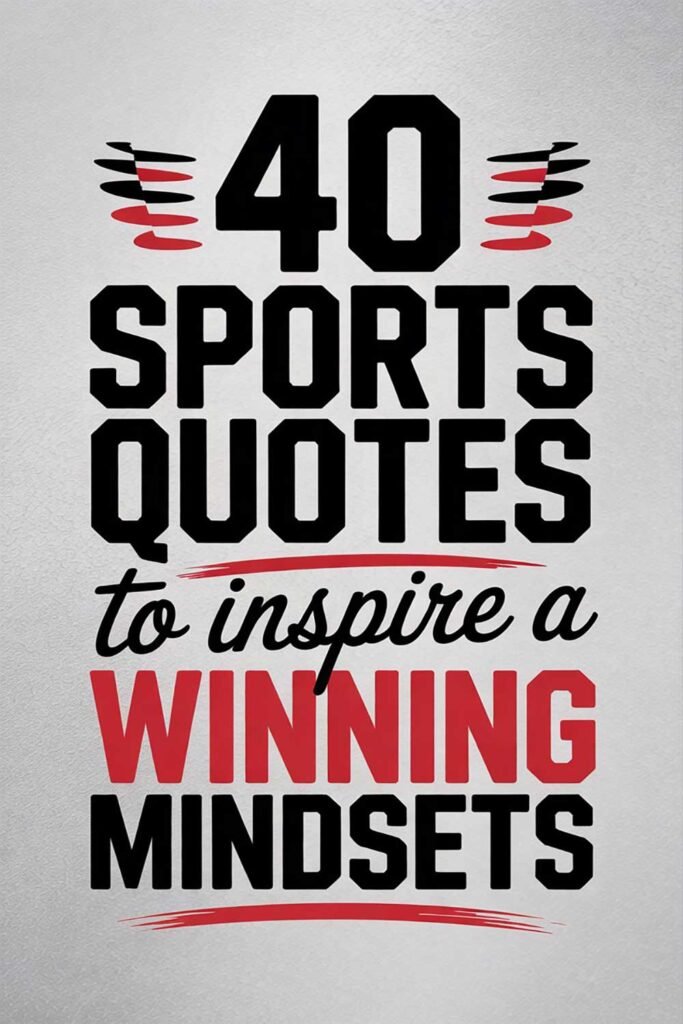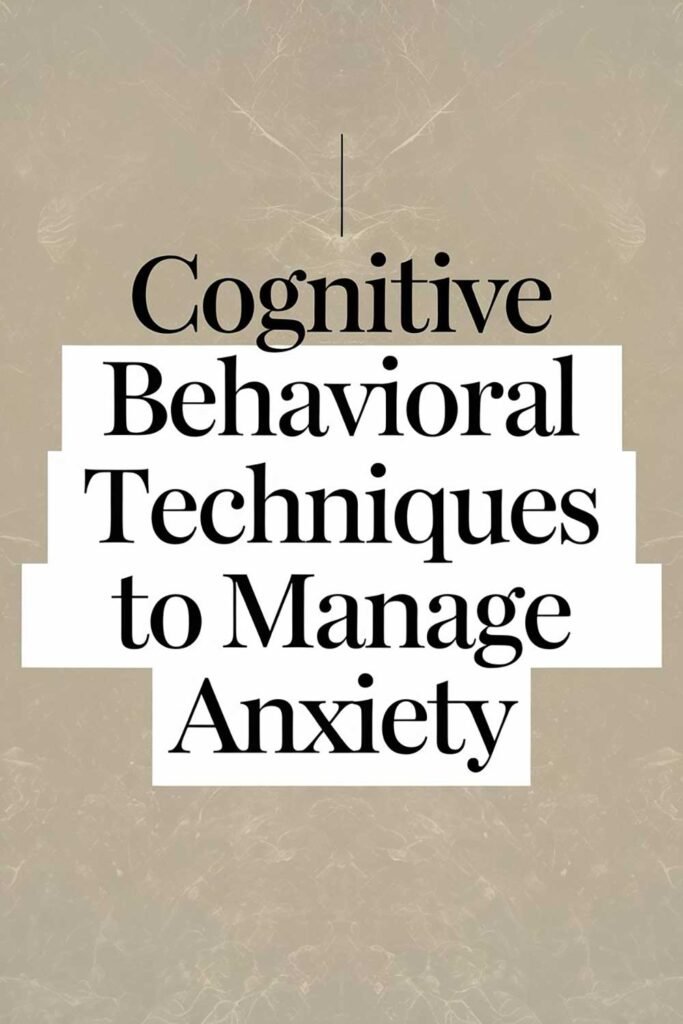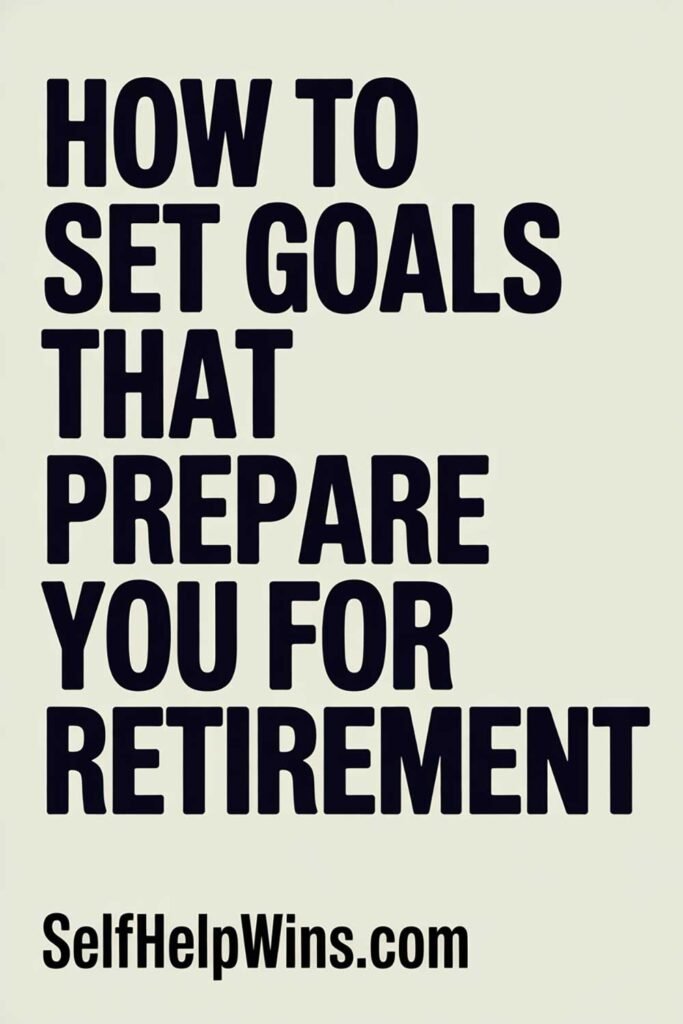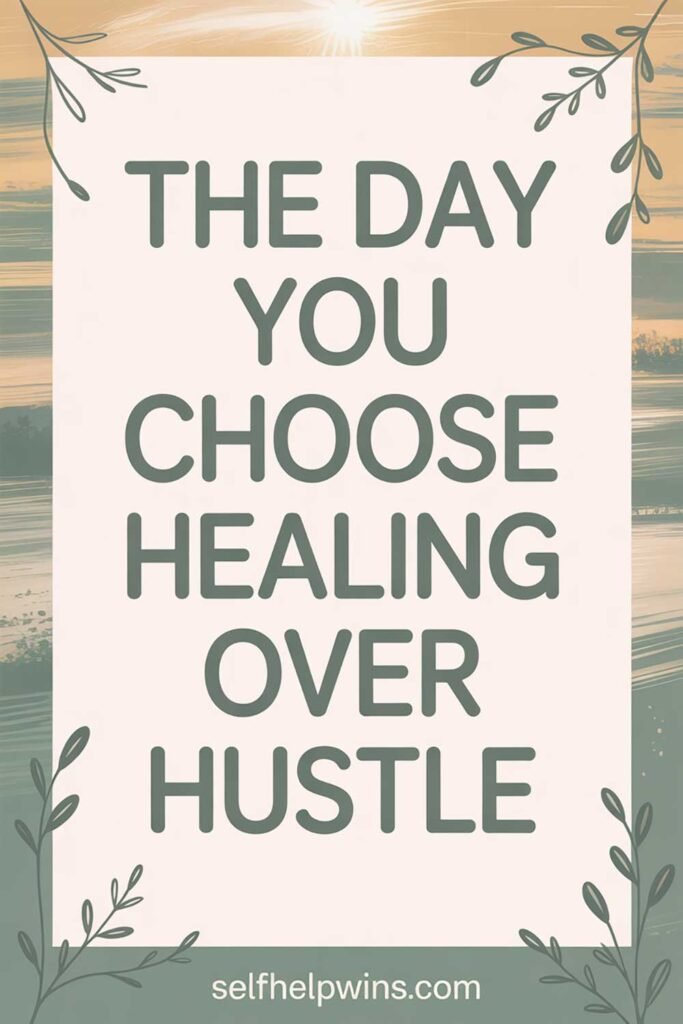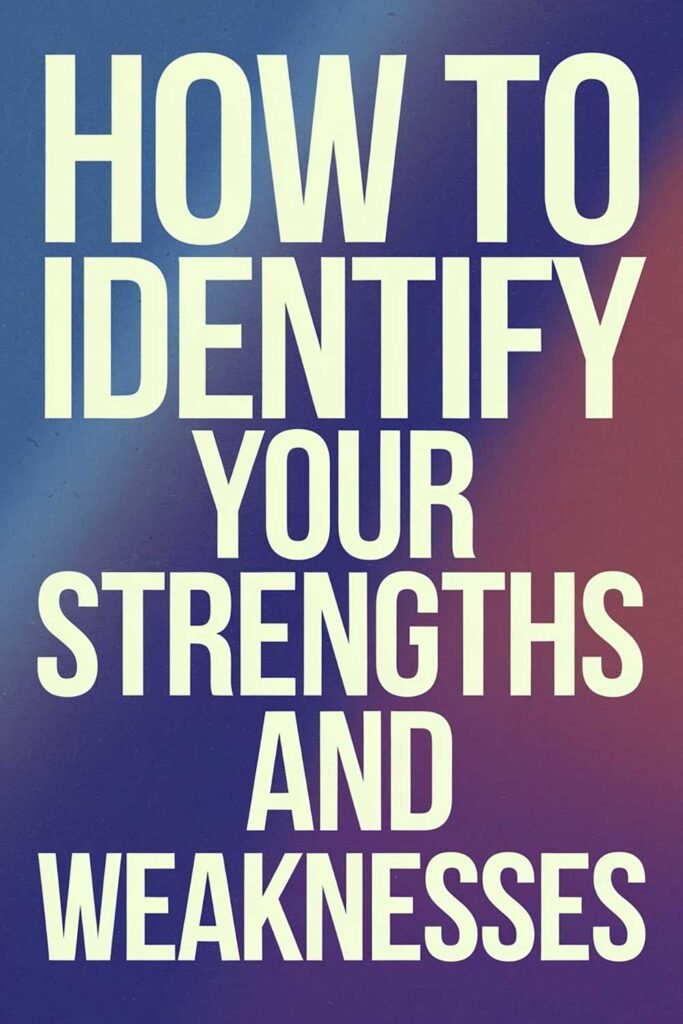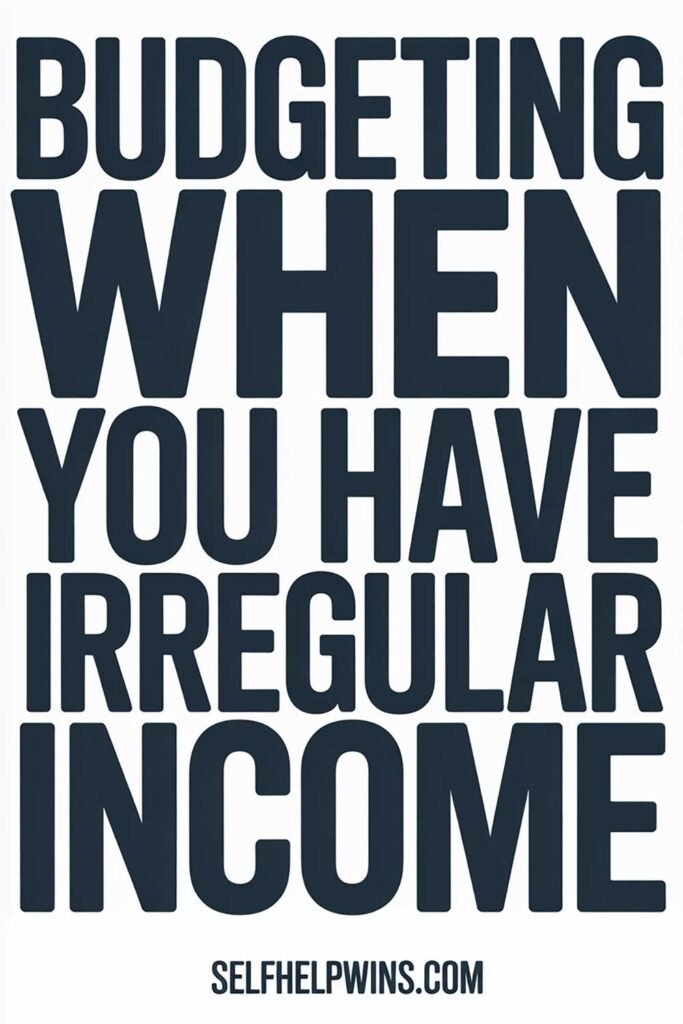Digital Habits That Help You Use Technology More Mindfully
In a world where screens dominate our attention and notifications demand our constant focus, learning to use technology mindfully has become a modern-day survival skill. Whether you’re trying to reduce stress, improve focus, or just feel more present in your own life, adopting better digital habits is key.
Mindful tech use isn’t about cutting off from the digital world entirely. It’s about creating intentional boundaries, using tools that serve your goals, and cultivating awareness about how you engage with your devices.

In this article, we’ll explore powerful digital habits that help you build a healthier relationship with technology. You’ll also discover real-life stories, practical tips, and inspiring quotes that can motivate you to reclaim your time, energy, and attention.
1. Start the Day Without Your Phone
Why It Works: Jumping straight into notifications puts you in a reactive state. Starting your day tech-free helps you center yourself.
Example: Nina used to wake up and scroll for 30 minutes. When she swapped this for journaling and stretching, she noticed less anxiety and more clarity.
How to Start: Use a traditional alarm clock. Keep your phone in another room overnight.
2. Use Screen Time Trackers
Why It Works: Awareness is the first step to control. Tracking shows you where your digital time goes.
Example: Matt realized he was spending 4+ hours daily on social media. After setting app limits, he regained time for hobbies and family.
Tools: Try built-in features like iPhone Screen Time or Android Digital Wellbeing.
3. Turn Off Non-Essential Notifications
Why It Works: Fewer interruptions = better focus and less stress.
Example: Laura turned off notifications from social apps. She started checking them intentionally rather than impulsively.
How to Start: Leave only essential alerts like calendar reminders or texts.
4. Schedule Daily “No Screen” Blocks
Why It Works: Intentional breaks reset your brain and improve your presence.
Example: Josh created a rule: no screens after 8 p.m. He started sleeping better and reconnecting with his wife.
Ideas: Tech-free meals, morning rituals, or full weekends offline.
5. Organize Your Home Screen
Why It Works: Reducing clutter makes your phone less distracting.
Example: Rachel removed social media apps from her home screen. Out of sight meant out of mind — and she scrolled way less.
How to Do It: Keep only functional apps (calendar, notes, maps) on page one.
6. Use Airplane Mode When You Need Deep Focus
Why It Works: Removing internet access prevents rabbit holes of distraction.
Example: Derek started writing his blog posts in airplane mode. He finished tasks twice as fast.
Tip: Pair this with a timer like the Pomodoro technique (25 minutes on, 5 off).
7. Follow People Who Inspire, Not Drain
Why It Works: Your feed shapes your mindset. Curating it can improve mental well-being.
Example: Emma unfollowed toxic accounts and filled her feed with uplifting content. Her self-esteem improved within weeks.
Tip: Do a “digital detox” of your following list every month.
8. Use Tech Tools That Improve Your Life
Why It Works: Tech can be helpful when used mindfully.
Example: Dan uses meditation apps like Headspace and productivity apps like Notion. These tools help him stay focused and grounded.
Tip: Choose apps that support your values and goals.
9. Limit Multitasking Across Devices
Why It Works: Switching between tabs and devices taxes your brain.
Example: Olivia used to work with 15 tabs open. She began limiting her browser to 3 tabs max. Her mental clarity improved.
Tip: Focus on one task, one tab, and one window at a time.
10. Log Off One Day a Week
Why It Works: Digital sabbaths restore creativity, connection, and peace.
Example: Anthony started going offline every Sunday. He now spends that time hiking, reading, and reconnecting with family.
Tip: Announce it to friends so they respect your day off.
20 Inspirational Quotes on Mindful Technology Use
- “Almost everything will work again if you unplug it for a few minutes, including you.” – Anne Lamott
- “Technology is a useful servant but a dangerous master.” – Christian Lous Lange
- “You are the gatekeeper of your time and energy.” – Unknown
- “We don’t need to disconnect from tech, we need to reconnect with ourselves.” – Arianna Huffington
- “Be where your feet are.” – Jon Kabat-Zinn
- “Your attention is your most valuable currency. Spend it wisely.” – Cal Newport
- “Silence isn’t empty. It’s full of answers.” – Unknown
- “Beware the barrenness of a busy life.” – Socrates
- “Just because you can connect all the time doesn’t mean you should.” – Sherry Turkle
- “Technology should improve your life, not become your life.” – Unknown
- “The best screen-time balance is intentional, not accidental.” – Common Sense Media
- “Don’t let your phone steal your presence.” – Unknown
- “Reclaim your attention, reclaim your life.” – Nir Eyal
- “Mindfulness means being awake. It means knowing what you are doing.” – Jon Kabat-Zinn
- “Your digital life should support your real one.” – Greg McKeown
- “Disconnect to reconnect.” – Unknown
- “Screens are tools. You are the master.” – Cal Newport
- “Time spent being present is never wasted.” – Unknown
- “Life is what happens when you put your phone down.” – Unknown
- “What you focus on expands. Choose wisely.” – Robin Sharma
🌟 Picture This
You wake up, stretch, and write your thoughts before touching your phone. You open your screen to an uncluttered home screen, with only the apps that help you stay grounded. You check your calendar, complete your top priority in airplane mode, then take a break to go outside. Your evening is screen-free, filled with laughter, real conversations, and restorative rest. You feel more alive, less distracted, and fully in charge of your digital life.
What one digital habit could you change today to feel more in control tomorrow?
🙏 Please Share This Article
If this article helped you rethink your tech habits and inspired a more mindful way of living, please share it with someone who might benefit.
⚠️ Disclaimer
This article is based on personal experience, behavioral science, and public wellness recommendations. It is for informational purposes only and is not a substitute for professional psychological or medical advice.

